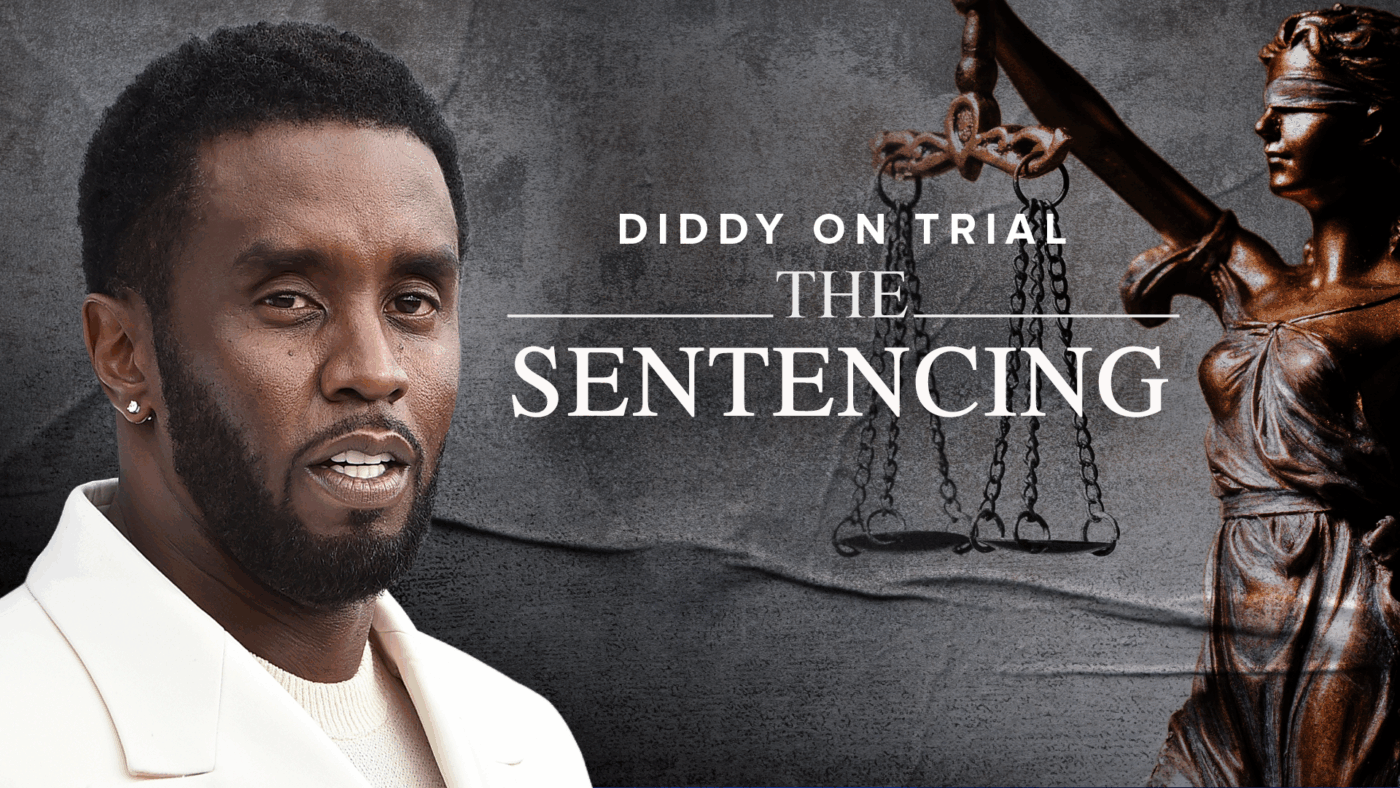News
Sean “Diddy” Combs receives 50-month prison sentence

Sean “Diddy” Combs Sentenced to 50 Months in Prison: Inside a Tumultuous Day in Court
After months of speculation, Sean “Diddy” Combs has officially been sentenced to 50 months in federal prison for his conviction on two prostitution-related offenses. The hip-hop mogul, 55, will receive credit for the 12 months he’s already served at the Metropolitan Detention Center in Brooklyn, and has been fined $500,000, the maximum allowed by law.
When the sentence was handed down, Combs appeared emotional and subdued. “I’ve been humbled and broken to my core,” he told the court before the judge announced his decision.
Federal prosecutors had argued that Combs deserved at least 11 years behind bars, citing the severity and duration of his offenses. His defense team, however, pushed for a far lighter term of no more than 14 months, claiming the artist had already paid a steep personal and professional price.
Following the ruling, Combs’ attorneys vowed to appeal. Outside the courthouse, defense lawyer Marc Agnifilo told reporters the judge “acted as a 13th juror” and imposed an unfairly harsh sentence. He argued the court’s reliance on coercion contradicted the jury’s verdict, which found Combs not guilty of sex trafficking and racketeering. “Everything was consensual and between adults,” Agnifilo insisted.
Attorney Brian Steel called the outcome “a very bad day for everybody,” adding that Combs was being punished for charges the jury had already rejected.
Not everyone agreed. Speaking to ABC News, one juror said they believed Combs “got off easy.” “I’m surprised the judge was that lenient,” they said. “Ten years would’ve been more appropriate.”
Meanwhile, Cassie Ventura, Combs’ ex-girlfriend and one of the key figures in the case, responded through her attorney Doug Wigdor, who said the ruling “acknowledges the impact of the serious offenses he committed.” Wigdor praised Ventura’s courage, saying her “bravery and fortitude have been an inspiration to so many.”
Inside the courtroom, District Judge Arun Subramanian addressed Combs directly, offering a mix of stern warning and encouragement. “Mr. Combs, I know you feel you are in a dark place right now,” he said. “But these crimes were serious ones. You and your family are going to get through this. There is light at the end of the tunnel.”
Still, Subramanian made clear that leniency was not an option. The judge cited the “repeated nature” of Combs’ crimes and his continued violent behavior toward women, even after issuing public apologies. He referenced emotional testimony from victims who described years of abuse and coercion.
“A history of good works cannot wash away the record in this case,” the judge declared. “You used that abuse to get your way, especially when it came to ‘freak-offs’ and hotel nights. It drove your victims into despair. That is the reality of what happened.”
Despite acknowledging Combs’ business achievements and influence as a self-made artist and entrepreneur, Subramanian emphasized that accountability was necessary — not only for the victims, but to send a message that “violence against women is met with real consequences.”
As the verdict was read, Combs sat motionless, hands clasped, eyes downcast. Before being led out of the courtroom, he turned to his family and quietly said, “I’m sorry. I love you.”
Outside, the debate over his legacy — and the gravity of his crimes — raged on.
